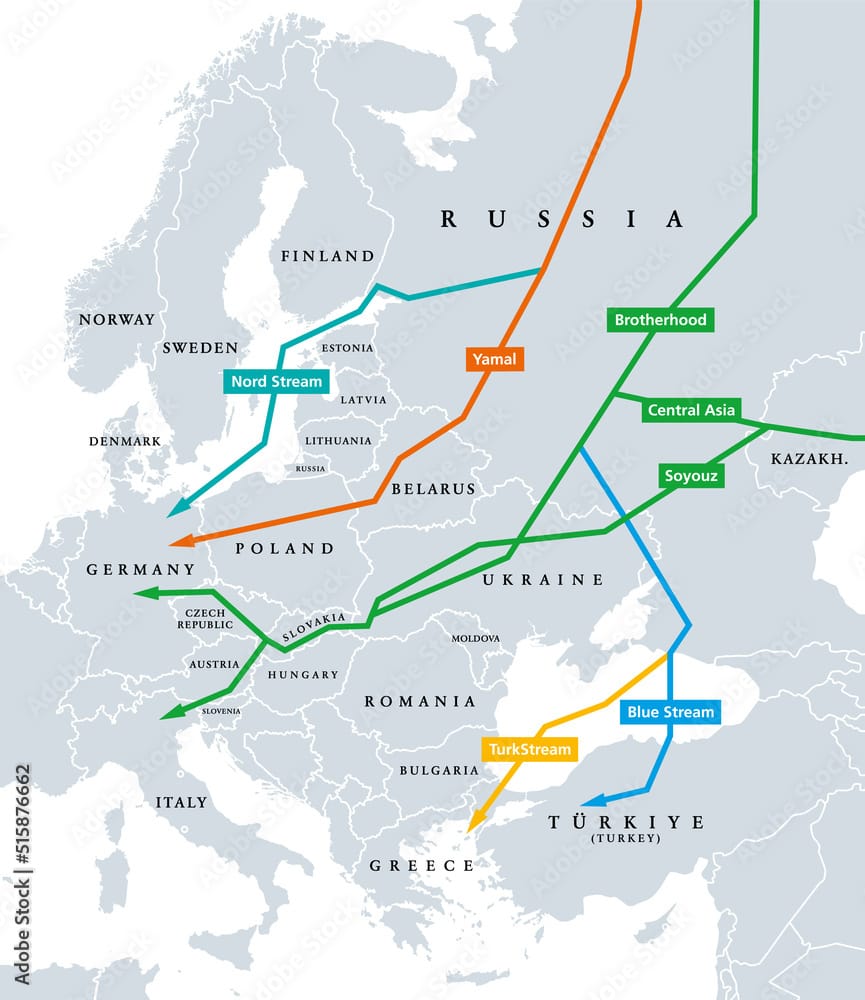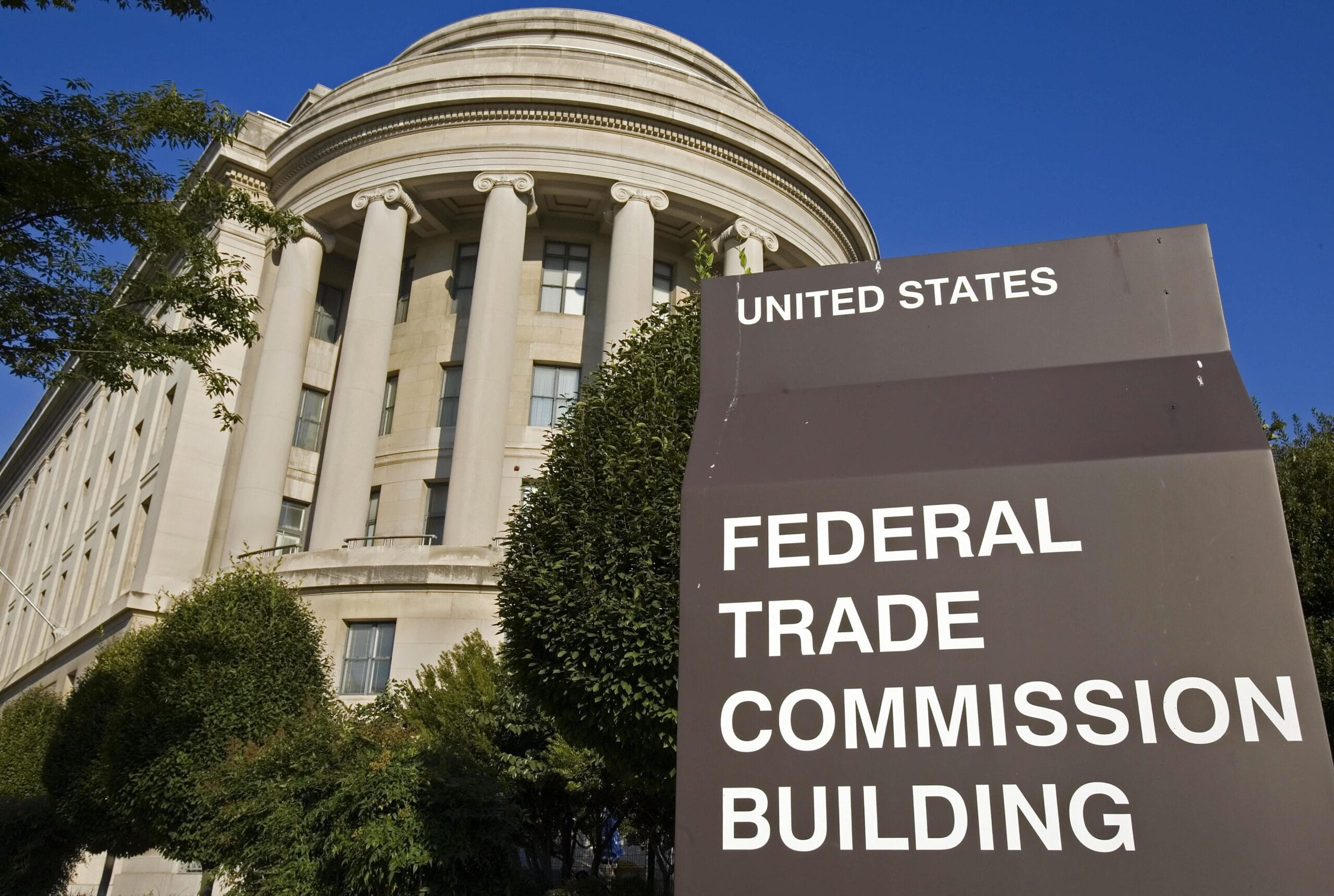The recent halt of Russian gas supplies to Europe has emerged as a pivotal moment in the ongoing energy dynamics between Russia, Ukraine, and European nations. Following the expiration of a crucial transit agreement that facilitated the flow of gas through Ukraine, the implications of this development are reverberating across the continent. The cessation of supply not only poses immediate challenges for energy security but also raises questions about the future of energy cooperation in the region.
The transit agreement, which had been in place for several years, allowed for the transportation of Russian natural gas through Ukrainian pipelines to various European countries. This arrangement was not only economically significant for both Russia and Ukraine but also played a critical role in meeting the energy demands of numerous European nations. With the expiration of this agreement, Europe faces the prospect of reduced gas supplies at a time when demand is high, particularly as winter approaches.
As the situation unfolds, European countries are bracing for potential repercussions on their energy infrastructure and supply chains. Natural gas is a vital component of energy consumption in Europe, utilized for heating, electricity generation, and various industrial processes. The sudden loss of a significant source of gas could lead to increased prices, supply shortages, and a heightened urgency to explore alternative energy sources.
In the wake of the gas supply halt, European leaders are actively seeking solutions to mitigate the impact. The European Union has been working to diversify its energy sources and reduce reliance on Russian gas, a strategy that has gained momentum in recent years. Efforts to enhance energy efficiency, invest in renewable energy projects, and establish new supply routes are all part of a broader strategy aimed at achieving greater energy independence.
Additionally, discussions surrounding the potential for increased liquefied natural gas (LNG) imports from other countries are gaining traction. The United States, Qatar, and other LNG-producing nations are being considered as alternative suppliers to help fill the gap left by the cessation of Russian gas. This shift in sourcing could reshape the energy landscape in Europe and lead to a more diversified supply chain that is less vulnerable to geopolitical tensions.
The expiration of the transit agreement and the subsequent halt in gas supplies also underscore the complex relationship between Russia and Ukraine. The ongoing conflict in the region has long influenced energy politics, with gas being a critical leverage point. The cessation of supplies may further strain relations and complicate future negotiations regarding energy transit and cooperation.
Moreover, the impact of this development extends beyond immediate supply concerns. The energy crisis has broader implications for economic stability in Europe, particularly for industries heavily reliant on natural gas. Manufacturing sectors, in particular, could face challenges as energy costs rise, potentially leading to increased prices for consumers and disruptions in production.
In light of these developments, there is a growing recognition of the need for a coordinated response among European nations. Collaborative efforts to enhance energy security, share resources, and develop a unified approach to energy policy are essential to navigate the challenges posed by the current situation. This may involve not only immediate measures to address supply shortages but also long-term strategies to build a more resilient energy framework.
As the winter season approaches, the urgency of the situation is heightened. European countries are closely monitoring gas storage levels and exploring ways to optimize existing resources. The potential for a cold winter could exacerbate the challenges posed by reduced gas supplies, making it imperative for governments and energy companies to act swiftly.
In conclusion, the halt of Russian gas supplies to Europe following the expiration of the Ukraine transit agreement marks a significant turning point in the region’s energy landscape. The implications of this development are far-reaching, affecting energy security, economic stability, and geopolitical relations. As Europe grapples with the challenges ahead, the focus will undoubtedly shift toward finding sustainable solutions to ensure a reliable and diverse energy supply for the future.



